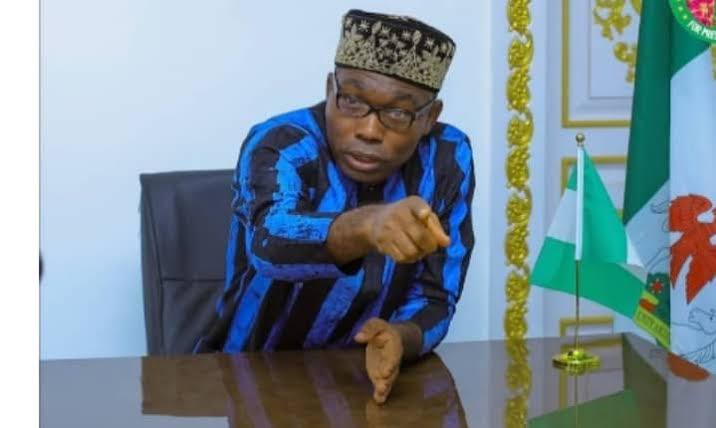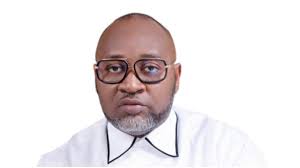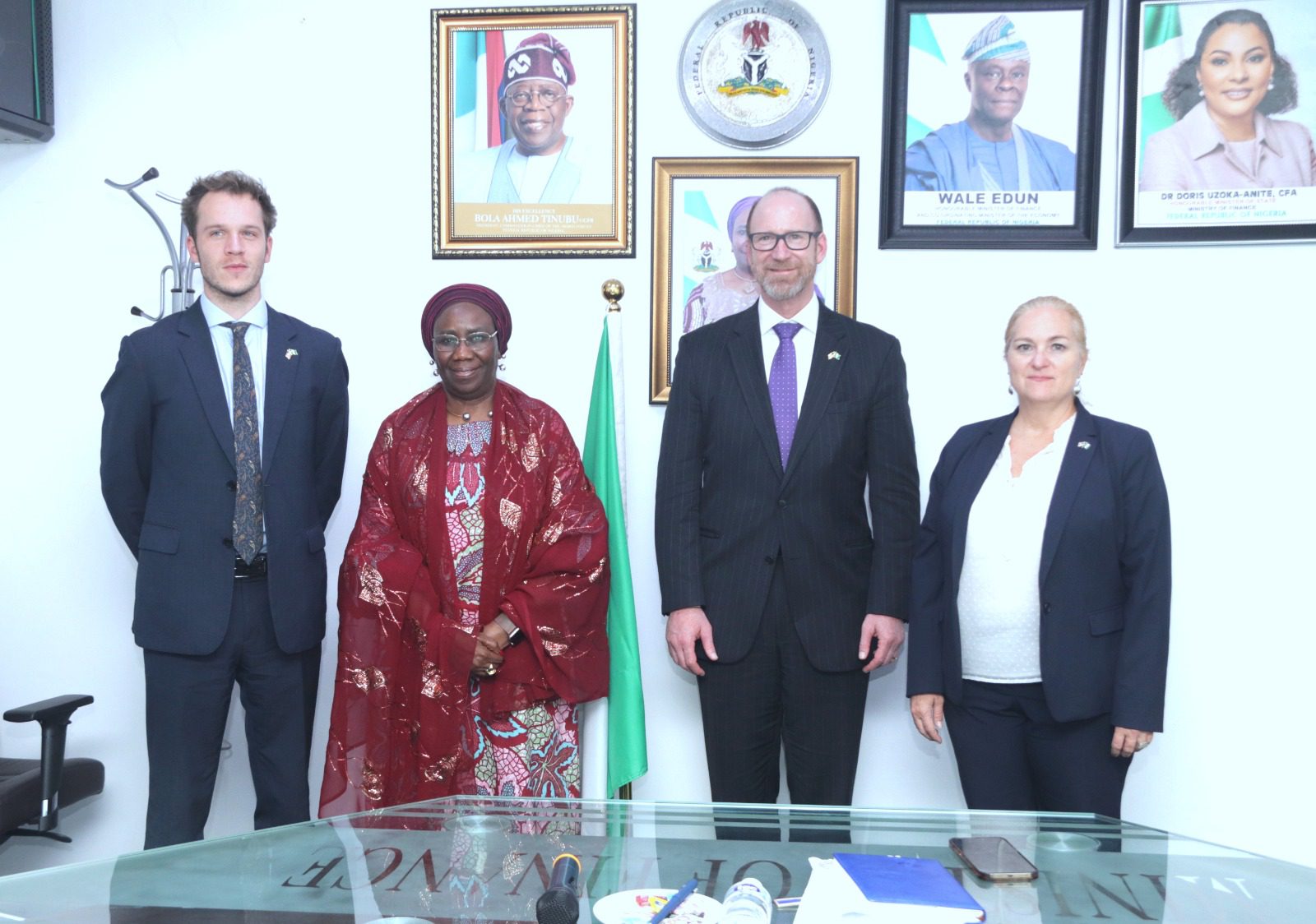The Presidential Candidate of the Social Democratic Party (SDP) in the 2023 General elections, Adewole Adebayo has indicated that unless there is a shift away from the neoliberal policies of throwing the Nigerian Naira to the Dogs, the current economic hardship may just be the beginning .
The recent #EndBadGovernance protest revealed a deep discontent among Nigerians regarding government policies, particularly the removal of subsidies and currency devaluation, which many believe have exacerbated economic hardships.
Speaking via a telephone interview, he said, “Unless you have a policy shift away from the neoliberal policies, shift away from throwing your currency to the dogs, shift away from the idea of not being able to control inflation, and not being able to generate employment for your people, unless you change the policy, the destiny of the country will not change.
Adebayo who said he anticipated the protest outcome criticized the government’s response, highlighting that the policies were predictable and contributed to widespread distress. Although acknowledging the president’s insensitivity in his speech, he argued that the core issue lies in the commitment to neoliberal policies that need reevaluation for meaningful change.
He reminded Nigerians, that as a candidate of SDP in the said election he warned Nigerians.
“You see, the issue, I knew the protest was going to be like that. And I knew how the government would react. And I knew how it would end and I knew that, of course, people would make their point which would have been obvious to the government ab initio that life has been tough for Nigerians.
“I knew when we were running for presidency. And I listened to the programs of APC, PDP, and Labour Party, I knew that they were ready to throw the people into the lagoon. I knew that this policy of so-called removal of subsidy was another excuse for petroleum mismanagement. I knew that Nigeria would float the currency.

“It was a recipe for disaster in terms of factor price and inflation and you see that I spoke extensively all over the country in all the debates, in interviews, in campaign grounds, that Nigeria should not vote for either Labour Party, APC, or PDP.
“Not because of any other thing than the fact that the policies would put people in great distress. And that distress will affect everybody because when the people don’t have good income and they’re not stable, even industry cannot open because when you produce something, people cannot afford it.
“When they cannot afford it, they buy less, and you can’t get the volume to produce, you don’t have enough money. And if you devalue the currency, components that you need to run your industries, you will not be able to handle them. So, it’s predictable. But people voted for these policies.
“Now the policies are being implemented, and they are shouting, and they have not even seen the end of it. It’s just the beginning of the problems that will come out of it.
“So, the government, what can they do? They are stuck in this bad policy. So, yes it’s true that the president made a speech that was not that conciliatory, and was not in a particular order addressing the problems. But it just shows to you that the problem has some set of solutions.
“Those solutions appear to be beyond the government, because they’ve committed themselves to these policies.
“I’m not here to critique the president regarding how he rendered his speech or not, but I would say that the speech should have been more humane, in tone, but beyond that, the main issue should have been that it’s an opportunity for the government to review these policies.
“Not only the government, many of the people who are in opposition, they still believe in this ill idea, too, other political parties that are not in government, like PDP and LP that are not in the executive branch at the national level, they are still following that, they have not denounced these policies, because these policies are bad. “The Nigerian people should understand that causing crisis in your country in reaction to government policies, which were advertised to you before the election, and you heard them clearly, President Tinubu did not disappoint the people, he said he was going to remove subsidy, he was going to throw the currency under the bus, everything he said he was going to do, that’s what he’s doing.
“They had an opportunity to listen to him, listen to Peter Obi, listen to Alhaji Atiku Abubakar, and realize that these three people are not acting in our best interest, and they should not have voted for any of them. So if you voted for them, and you come out now, you are demonstrating on the street, that is not a democratic way to look at it, because you voted for these policies.
“But you made your point clear, but what happens next? Next month, in September, there will be an election for Governor in Edo State, there will be an election for governor in Ondo State in November, if you spend the whole of August protesting, EndBadGovernment, and in September, you vote for APC or PDP in Edo State, what have you gained? You are contradicting yourself.
“If you spend the whole of the period protesting against APC, and then you go to Ondo State in November, and go and vote for APC or PDP, so you are just contradicting yourself.
“So people should understand that this is not a military government, this is an elected government, and the way you teach an elected government to listen to you, is to make sure you don’t vote for them.
“So when they lose a few governorship elections, they lose all by-elections, they will start to understand that you don’t want them to continue the way they are doing.
“But if you keep voting for them, they will assume that you are happy with their policies, and they will think that those who are demonstrating or protesting are just troublemakers, because a politician is going to listen to what the majority wants, and the only way the majority, the major way the majority shows its hands, is on election day.
“So it’s not going to be what editorial is written in the Guardian, what Arise TV pundits are saying, what Kaftan TV journalists are writing. A politician will respond to the ballot box.
“So I urge the people, if you are not satisfied with the way the government is running, try to understand the philosophy and the ideology that is making them to mismanage the country like this, and organise around new ideas that are different from their own, and vote for politicians and public office holders along the new ideas, and these people will leave power. “But keeping them there, and their burning houses, and demonstrating on the street, looting shops, and all sorts of things like this, is not how to run a stable democracy. ”
He emphasized that Nigerians must consider the implications of their voting choices, suggesting that protesting without changing the way they vote will not lead to effective accountability. Simply put, to evoke a genuine response from the government, citizens must demonstrate their dissatisfaction through their votes rather than through demonstrations alone.



